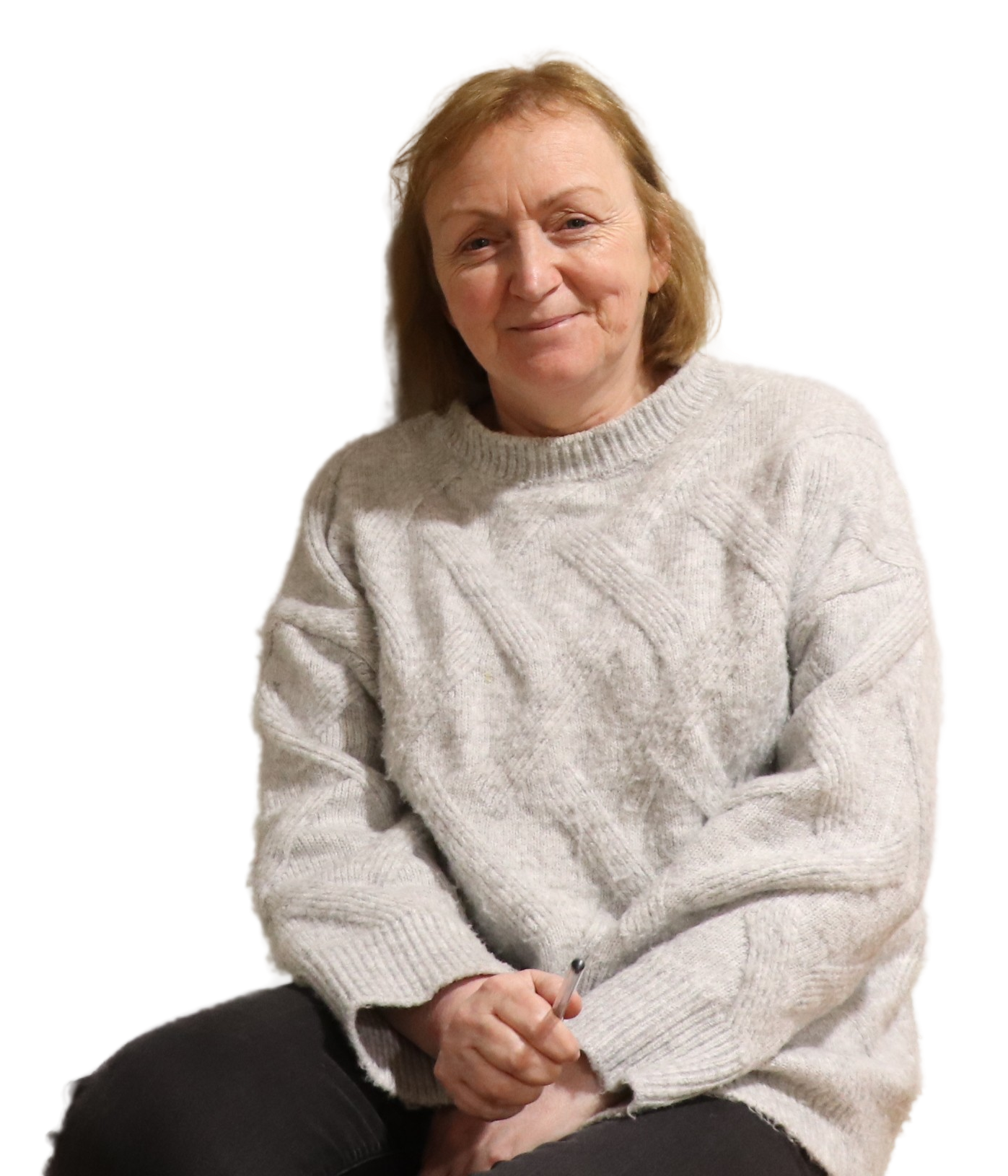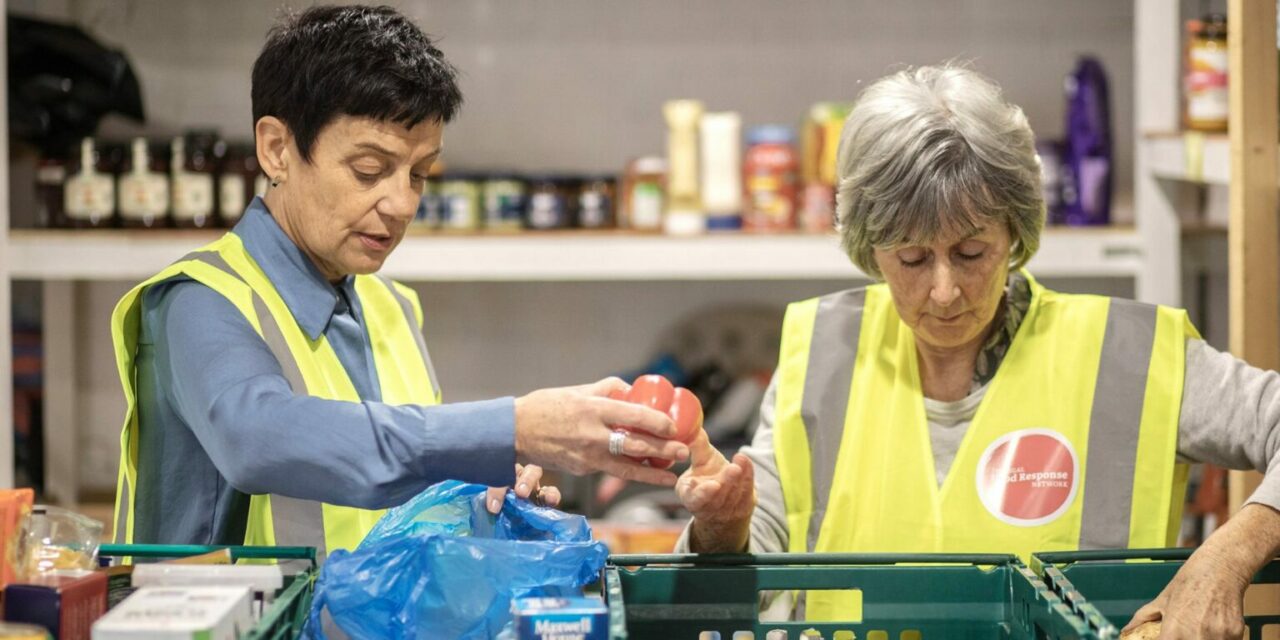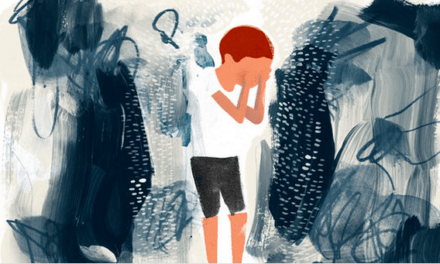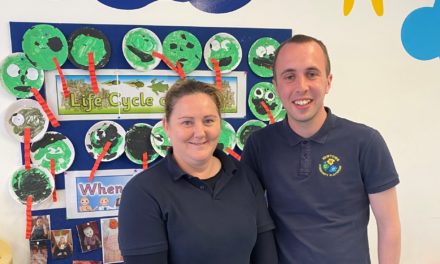The Donegal Food Equality Forum believes there should be a national fund to help groups with food poverty. In collaboration with the 21 members of the Donegal Food Response Network (DFRN), they are preparing to send a delegation to Dáil Éireann to highlight the issue.
Máire Uí Chomhail, manager of Ionad Naomh Pádraig in Gweedore, Co. Donegal – a Gaeltacht region – said politicians seem unaware of the extent of the issue.
She said that where previously, Christmas was a time when families struggled, now it is all year round. And while people on social welfare always struggled, now people in low-paid jobs cannot pay all their bills and keep food on the table.
Around Christmas time, her centre spent close to €5,000 distributing 48 food packages as well as vouchers for food, for toys and for pharmacies. They continued through January and February to provide food to people experiencing hidden poverty. However, the funding is all local and this is common across the network’s 21 areas.
“We are not centrally funded to provide food packages. And I may not always have €5,000 worth of vouchers. I may not always have 48 food packages to give out. Imagine if there was another economic crash. I’m worried about the people depending on us,” revealed Máire.
NO FUND FOR OUR FOOD RESPONSE WORK
“At present there is no fund out there where I can apply for €10,000 so that I can ensure that people in my area will not be struggling to put food on the table,” she added.
On top of that, nobody is paid in Co Donegal to do food distribution.
“Community centres like this are filling the gaps for state bodies. I see it all the time. We do massive voluntary hours. We’d be rich if we got paid for all the work we do,” Máire remarked.

• Máire Uí Chomhail.
Part of the difficulty is that food poverty work is not publicised.
“What happens in Naomh Pádraig stays in Naomh Pádraig. Nobody really knows why anybody comes through our door. That is crucial in any organisation dealing with people who are struggling. You have to be confidential as well as helpful,” explained Máire.
“Community centres are not a secret, but a lot of what we do is a best kept secret. Here we have people coming to us for our daily activities, cancer services, counselling, support for people with mental health issues, or who need a hand to pay their bills, put food on the table or just need someone to listen to them.
“We are very much for the bottom up approach. We work closely with the public health nurse, the parish priest and the local community and if we see families struggling we will help in any way we can,” she continued.
DELEGATION HEADING TO DÁIL ÉIREANN
“We want to go to Dáil Éireann, because I don’t think politicians are aware of how difficult things are for people on the ground, how much they’re struggling.
“When we had a Food Equality Forum open day in Letterkenny with keynote speakers. Not one politician turned up to that – not one. If they’re not going to come and meet us, the next thing we want is for a delegation to go Dáil Éireann to meet the politicians,” Máire said.
One gets the sense that if the community centre was not there, some people would go hungry, that their plight would not be known.
“Let’s not forget there is St Vincent de Paul and they give out vouchers, while we mostly give out food. We work very closely with them. They redirect people to us for food.
“We don’t publicise the food aspect of our work, but it is known of by word-of-mouth and we’ve a massive community behind us, supporting us, but we’re relying entirely on the community,” she said.
What government department might be responsible for a food poverty fund?
“Part of me would think the Department of Family and Children, but it probably should come from the Department of Rural and Community Development.”
NEXT MOVE
“First we want to agree on our terms of reference and our vision on behalf of the people we serve and then we are going to write to Minister Heather Humphreys.
“The vision I have is to be able to help families who are in a difficult situation, most of the time through no fault of their own, to get out of that situation,” she said.
NATIONAL ISSUE
“Food poverty is a national issue,” noted Máire, who recently visited Brussels with 60 female community leaders from around the country to brief MEPs on issues on the ground. “It was a big learning curve for them,” she added.
Now, she and her fellow food poverty campaigners in Donegal want to bring their anti-poverty message to Leinster House.
READ: Food Poverty Q&A, page 28 of Changing Ireland’s Spring edition, available to read on www.changingireland.ie. For futher coverage on food poverty in Donegal, see www.changingireland.ie/donegal-food-response-network-experienced-17-more-calls-last-year/





